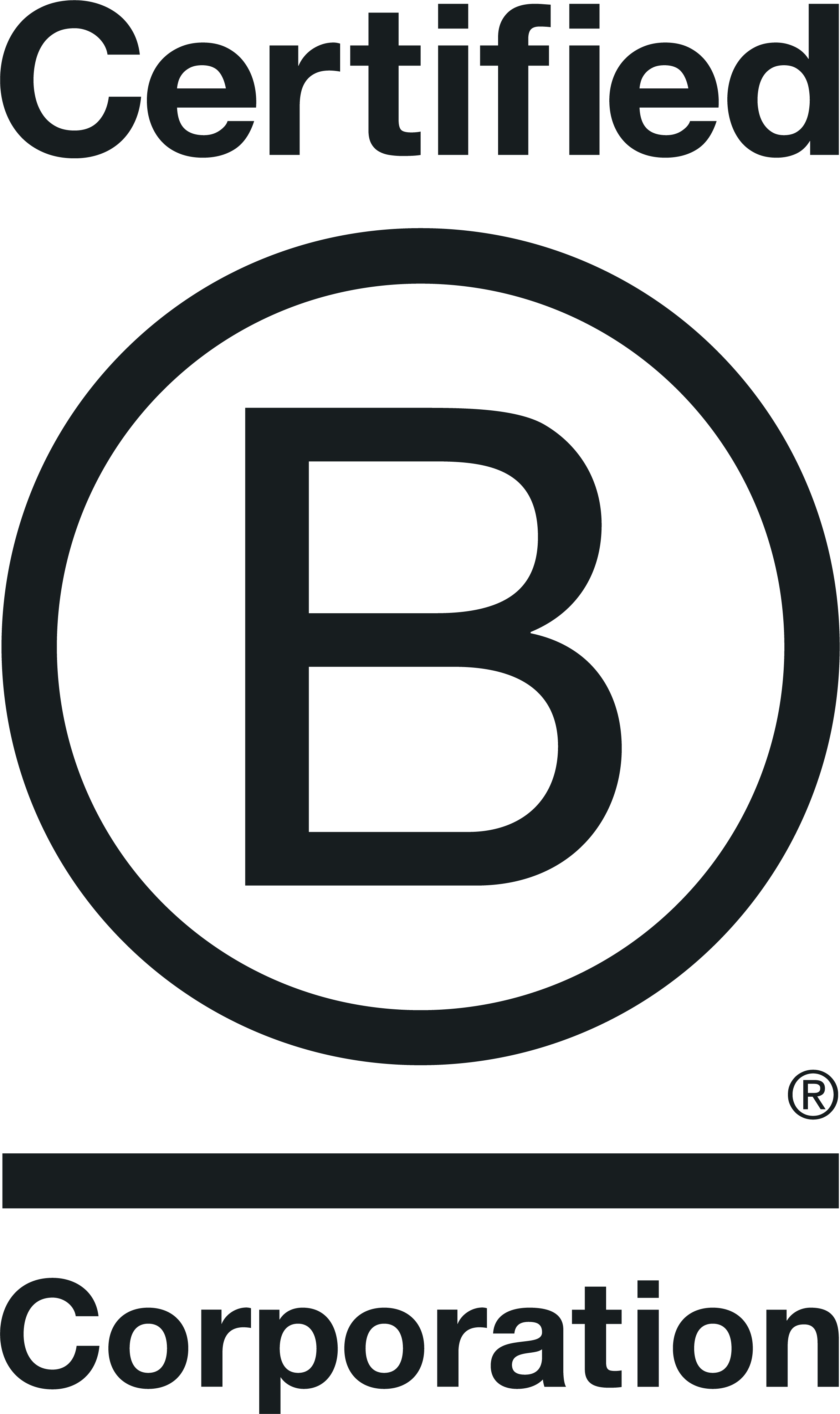The conversation around weight loss has shifted. For years, diet culture thrived on shame, selling quick fixes wrapped in the promise of getting 'summer ready' or that 'perfect beach body'. But in 2025, the messaging is different. The rise of GLP-1 medications like Wegovy and Mounjaro has changed the landscape, pushing brands and health providers to reframe weight management as a medical issue, not a personal failing.
In theory I'm all for this shift. I support the science that shows that obesity is a disease that keeps people overweight; fat is an endocrine organ, releasing hormones which trigger hunger and overeating, perpetuating the disease. Often overweight people find it impossible to lose weight because their body is keeping them that way.
Fat and overweight people have faced shame for far too long, we need to start removing the blame and start offering compassion. The fact that Vitality, Bupa, and even traditional slimming clubs are marketing weight-loss solutions within a preventative healthcare framework is a step in the right direction.
But as with any trend, I also see some opportunism creeping in, with brands eager to align themselves with holistic well-being while still tapping into old insecurities around body image. As a brand and marketing specialist in health with big opinions, I'm advising brands to steer well clear of that.
How weight loss is being marketed in 2025
At the heart of today's campaigns is a pivot away from aesthetics. Instead of selling weight loss as a path to a thinner body, brands now market it as a gateway to better health, longevity, and empowerment. Consider these three approaches:

1. The Healthcare Framing: GLP-1s as preventative medicine
Vitality's decision to offer discounted GLP-1s to eligible customers is a landmark move. Their campaign frames obesity as a chronic health condition – one that can be medically managed, just like high blood pressure or diabetes. It's a narrative grounded in science, and it destigmatises weight struggles by shifting responsibility away from willpower alone.
Bupa is taking this a step further with genetic testing services that predict obesity-related disease risks. By offering personalised, preventative healthcare, they reinforce the idea that weight is complex, influenced by genetics, environment, and biology, not just lifestyle choices.
It's educational, science-backed, and empowering. It moves away from outdated notions of "personal failure" and instead equips consumers with tools to manage their health proactively. I believe in this as the way to go.
2. The Wellness Rebrand: from weight loss to holistic health
Some brands are steering clear of explicit weight-loss language but are still present in the discussion via fitness. ASICS and Mind's 'New Personal Best' campaign is a great example. Rather than pushing fitness as a means to burn calories, they focus on movement for mental wellbeing.
It's smart, it's strategic: by aligning with the mental health movement, ASICS avoids the pitfalls of aligning exercise with body image and that whole messy area, while still appealing to a consumer base that may have weight-related goals. It's a softer, more inclusive approach.
Traditional slimming clubs are also adapting to this wellness-first approach. WeightWatchers' 'Fits You' campaign is a clear example: instead of emphasising numbers on a scale, it focuses on personalised health journeys, integrating GLP-1 support programs alongside behavioral coaching. It's a stark contrast to the weight-focused messaging of past years, showing that even legacy brands are feeling the pressure to modernise their approach.
3. The Opportunistic Bandwagon: when holistic health is just a buzzword
Of course we can also see brands jumping on the weight-neutral bandwagon without true commitment. The biggest red flag? When a company talks about holistic wellbeing but still subtly reinforces weight loss ideals.
We've seen it before: brands replacing diet culture with 'wellness culture', where weight loss is still implied but wrapped in a more socially acceptable narrative. It’s the same old message, just with new branding.
For example, I've noticed some influencers suddenly pivoting to GLP-1 endorsements, promoting them as part of a "self-care" routine, which is dangerously close to the old language of "thin equals healthy."
When weight loss drugs become a status symbol rather than a medical intervention, we risk undermining the very progress we've made in destigmatising obesity.
Even Slimming World's partnership with Diabetes UK, while genuinely useful in promoting weight loss as a preventative measure for type 2 diabetes, signals the same shift. It remains a weight-management program at its core, but Slimming World is increasingly framing its services as part of the wider preventative healthcare movement, emphasising long-term health over rapid weight loss. Whether this is a genuine transformation or just another marketing play remains to be seen.
This is especially knotty (and perhaps I'm extra sensitive because of this) when Slimming World has long been associated with demonising food, through its Syn labelling system that can see avocados and nuts making the naughty list, and synthetic yoghurts being 'Free'. Naturally criticism will be levelled at just how genuine this new brand alignment is.
Where do we go from here?
The best weight-loss marketing in 2025 acknowledges two truths at once:
Obesity is a medical condition that should be treated with evidence-based interventions. But also,
People should never be shamed for their weight or pressured into unnecessary weight loss.
Brands need to walk the line carefully, championing GLP-1s and other weight-management tools as options, not obligations. The future of health marketing should be rooted in science, free from shame, and honest about motivations. Let's see...




